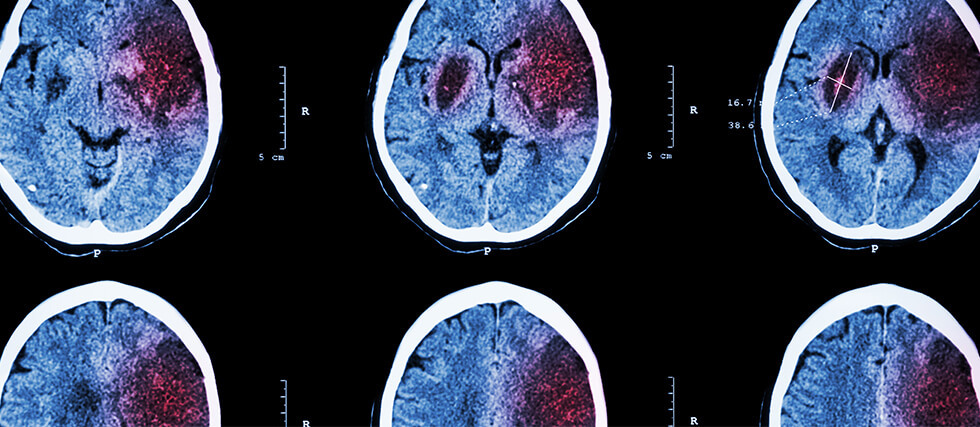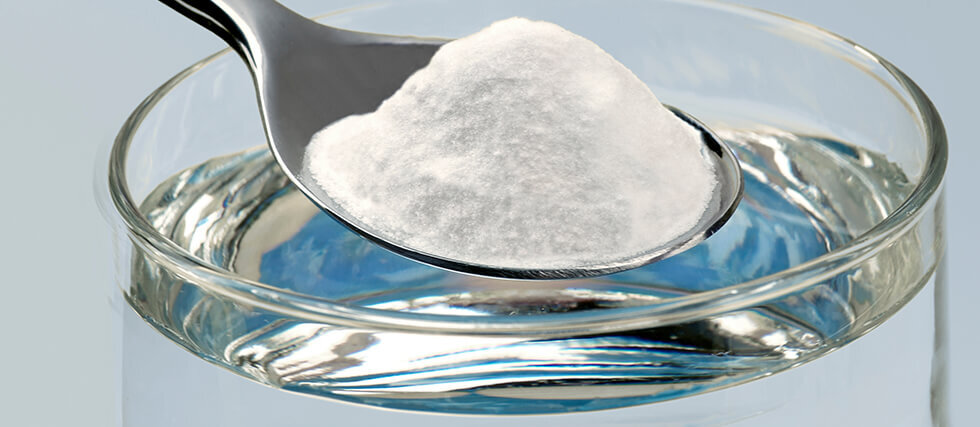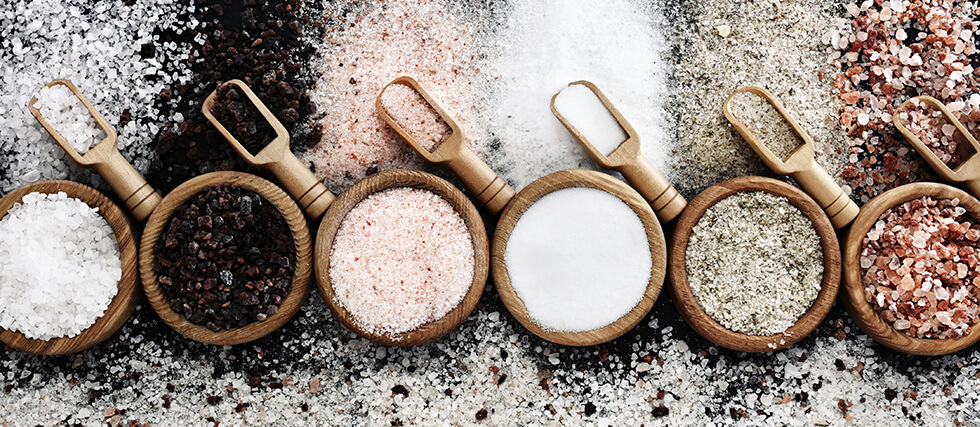Slash Your Stroke Risk: Start Doing These Things Now
Strokes are serious medical events that happen when blood flow to the brain is disrupted, either by a blockage (ischemic stroke) or bleeding (hemorrhagic stroke). They can lead to disability or even death—and they’re increasingly affecting people under 50.
The good news? Many strokes are preventable through lifestyle changes. Here are seven expert-backed habits to help reduce your risk:
Stay Active: Regular physical activity lowers blood pressure, a major stroke risk factor. Aim for at least 150 minutes of moderate exercise weekly, like brisk walking or biking. Even small steps—taking the stairs or walking daily—can make a difference.
Cut Back on Sodium: Too much sodium raises blood pressure. Limit processed and restaurant foods, and cook more at home using spices, mineral salts, and herbal seasonings.
Don’t Smoke: Smoking damages blood vessels and promotes blockages. Quitting can significantly lower your stroke risk—talk to your doctor for support and resources.
Eat More Fiber: Fiber helps control blood pressure, cholesterol, and blood sugar. Get it from fruits, vegetables, whole grains, beans, and lentils. Fill half your plate with produce for an easy boost.
Eat Fatty Fish Twice a Week: Salmon, sardines, mackerel, and herring are rich in omega-3s, which protect your heart and brain. If you’re not eating fish regularly, ask your doctor about supplements.
Limit Alcohol: Alcohol, especially in excess, raises stroke risk. Stick to one drink per day for women, two for men.
Manage Stress: Chronic stress can raise blood pressure and harm your heart. Practice meditation, exercise, or seek therapy to help manage stress effectively.
These changes will lower your stroke risk and boost your overall health. Start with one habit and build from there.





